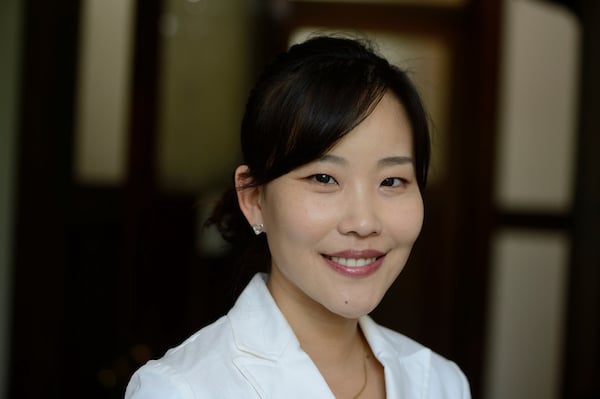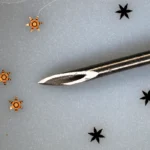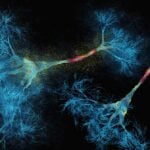SJ Claire Hur Lands $450,000 Komen Grant to Develop Personalized Tumor Models

Most of the approximately 42,000 Americans who die from breast cancer each year perish because the disease has become metastatic, or has spread from its original site to the patient’s brain, bones, liver, or lungs.
Using a $450,000 Career Catalyst Research Grant from the Susan G. Komen Foundation, SJ Claire Hur is developing a new system to personalize treatment plans for metastatic breast cancer patients.
The Clare Booth Luce Assistant Professor of Mechanical Engineering and INBT associate researcher, Hur has previously invented a technique that can purify, or separate, live cancer cells from blood. This method allows for a deep analysis of cancer biomarkers from blood samples.
“Circulating tumor cells are the precursor to metastatic cancer, yet only a small fraction of them successfully contribute to the spread of the disease beyond the original tumor site. So, simply counting the number of circulating tumor cells found in the blood can’t accurately predict the clinical outcome,” said Hur. “If we have an efficient way to culture collected circulating tumor cells in the lab, researchers can perform numerous biological experiments and functional tests directly on patient-derived tumor cells. This will help identify the most effective therapeutic option for the patients through less-invasive, routine blood draws.”
Now with funding from the CCR grant, Hur will expand on her work to gain insights on cancer progression using non-invasive blood samples. She plans to engineer a new system that can systematically create stable, culturable cell lines from circulating tumor cells collected from a patient’s blood. These cell lines can then be used to create personalized tumor models, giving oncologists important information about individual patients that they can use when creating treatment plans. These models may even eliminate the need for biopsies or surgeries in some cancer patients.
Hur said that knowing her work could give hope to patients living with metastatic breast cancer is what drives her as an engineer.
“If successful, this research has the potential to positively impact patient outcomes by providing a simple means of producing sources of patient-derived tumor cells for various functional studies that will accurately and timely assess the disease state of each patient, leading to better therapeutic decision making.”
Story by Catherine Graham. This story first appeared on the Department of Mechanical Engineering website.
Latest Posts
-
 Johns Hopkins Postdoc Named in Forbes `30 Under 30′ List
December 8, 2025
Johns Hopkins Postdoc Named in Forbes `30 Under 30′ List
December 8, 2025
-
 Micro Grippers: David Gracias Builds Micromachines That Fold, Stick, Swim, and Sense—All Inside the Human Body.
November 20, 2025
Micro Grippers: David Gracias Builds Micromachines That Fold, Stick, Swim, and Sense—All Inside the Human Body.
November 20, 2025
-
 A bold new approach to autoimmune diseases
November 19, 2025
A bold new approach to autoimmune diseases
November 19, 2025


